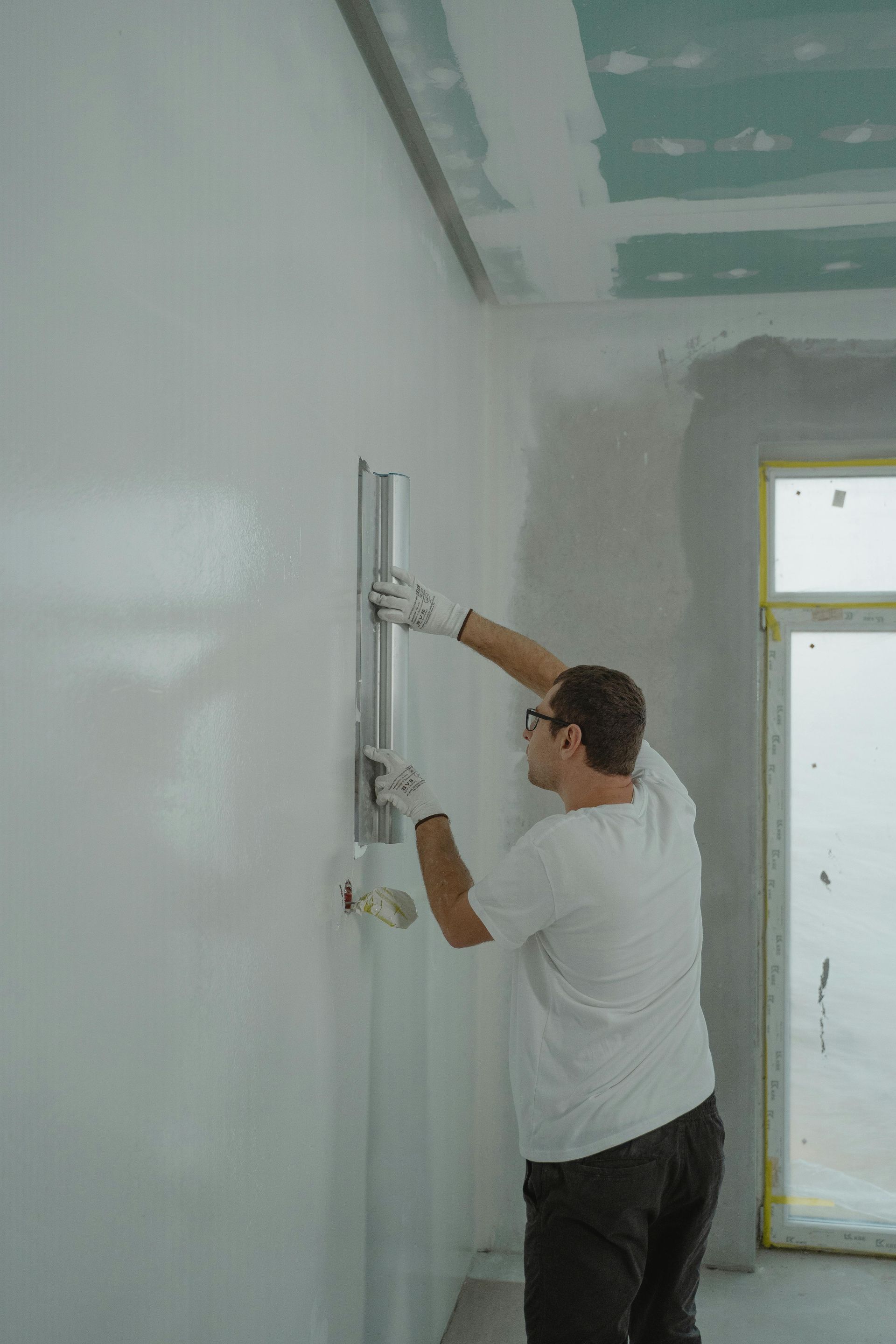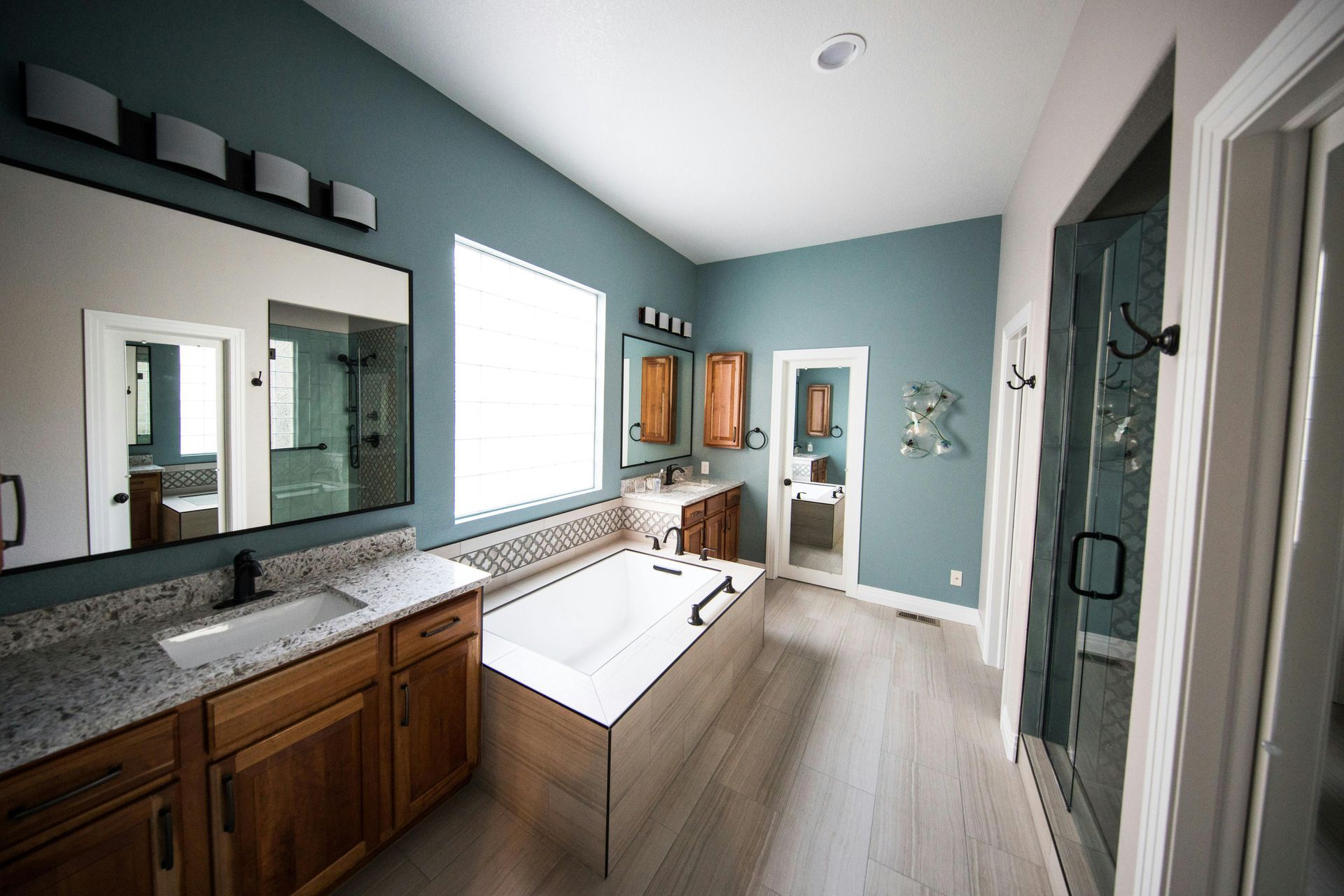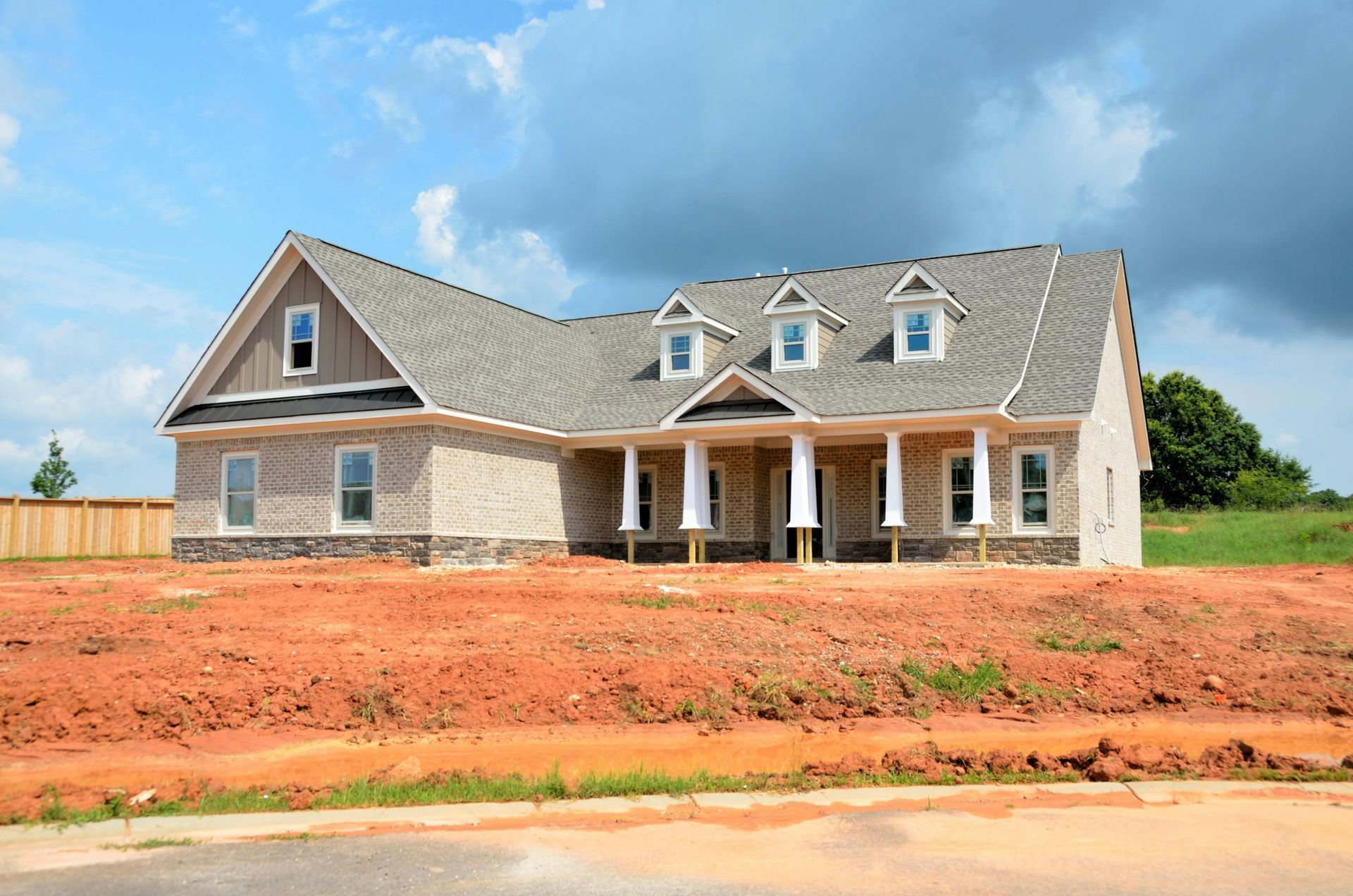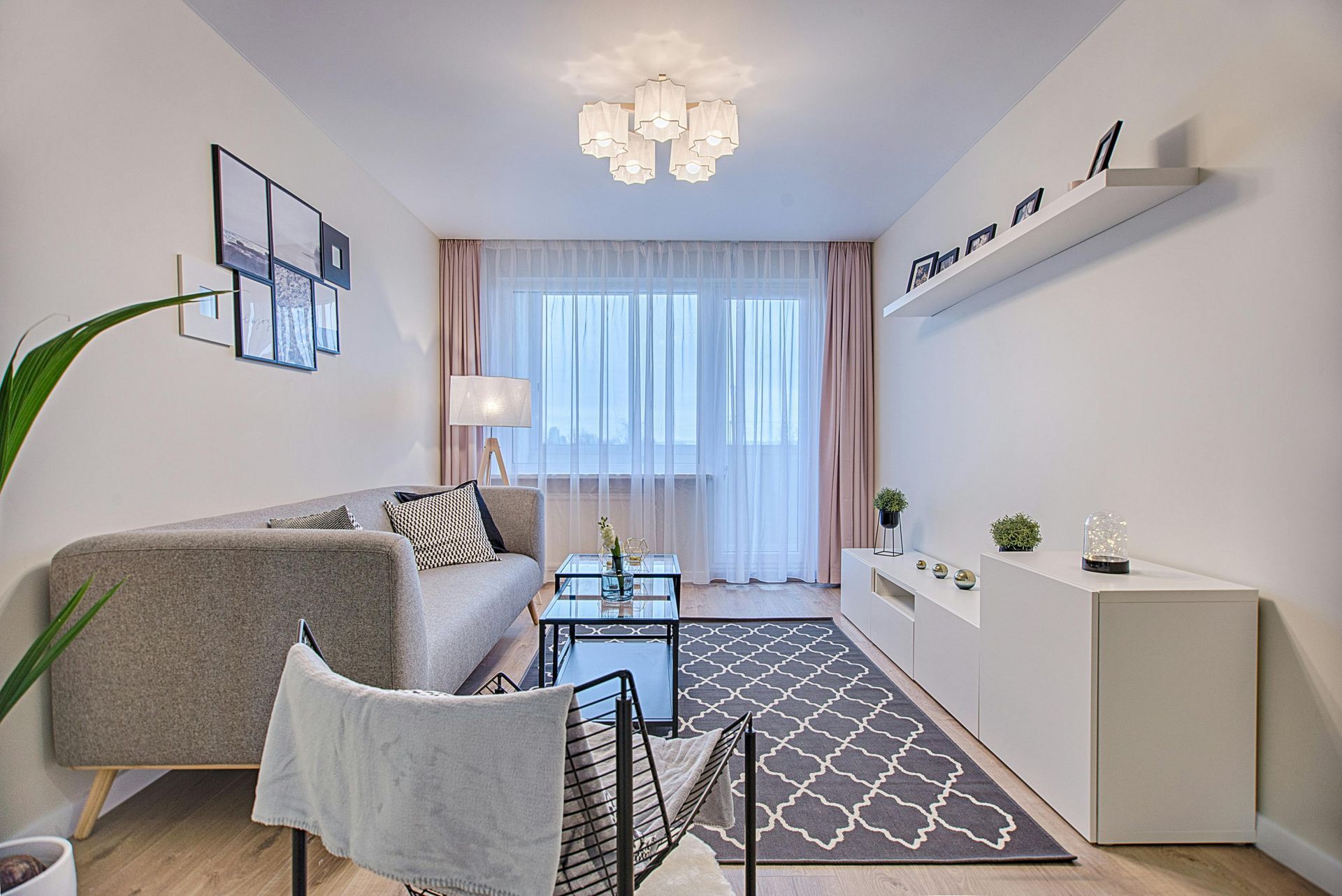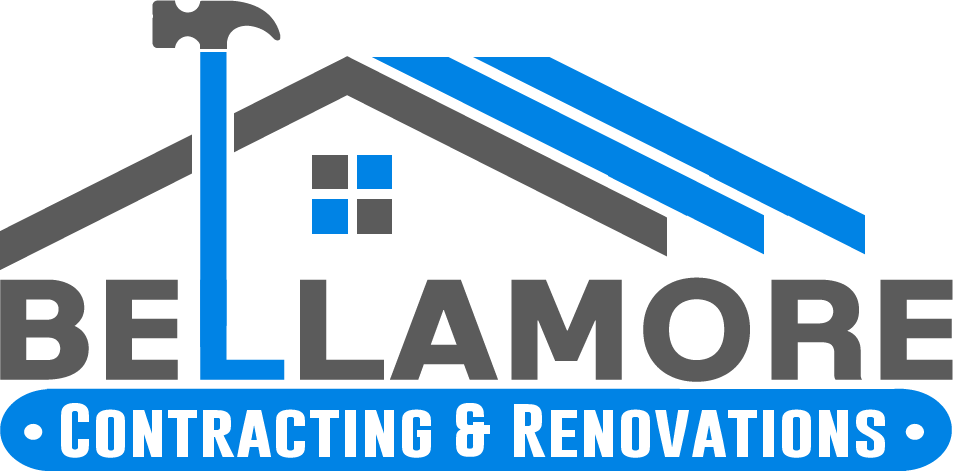Licensed (#RBC-21-01654) & Insured
Local References Available Upon Request
Licensed (#RBC-21-01654) & Insured | Local References Available Upon Request
Building for the Future – A Comprehensive Guide to Construction and Development
The foundation of any great structure lies in meticulous planning, expert craftsmanship, and a vision brought to life through strategic building and development. Whether creating a custom home, designing a commercial property, or embarking on a large-scale development project, a successful build requires careful consideration of materials, sustainability, safety regulations, and modern trends. Professional building and development services ensure that every aspect of a project is handled with precision, resulting in durable, high-quality spaces that meet both functional and aesthetic needs.
Understanding the Building & Development Process
Building and development involve multiple stages, each crucial to the overall success of a project. The process begins with land acquisition and site preparation, where developers assess the feasibility of a location, clear the land, and prepare for construction. Choosing the right location is key, as factors such as zoning laws, environmental impact, and accessibility influence the long-term success of a project.
Once the land is secured, the design and planning phase commences. Architects and engineers work together to create blueprints that align with the client's vision while meeting structural and safety regulations. This phase involves selecting building materials, determining layouts, and incorporating modern design trends that enhance usability and appeal. Planning also includes budgeting and securing permits, ensuring that the project complies with local laws and avoids costly delays.
Permitting and compliance are essential components of the development process. Local zoning laws and environmental regulations dictate what can and cannot be built in specific areas. Developers must navigate these legal requirements to ensure their project aligns with municipal codes, safety guidelines, and sustainability mandates. Obtaining the necessary approvals allows construction to move forward smoothly.
The construction and execution phase is where ideas take shape. Contractors oversee foundation work, framing, electrical and plumbing installation, and finishing details. Skilled laborers bring blueprints to life with precision and efficiency, ensuring that the final product reflects the original vision. Throughout this phase, quality control measures and safety checks are in place to guarantee compliance with industry standards.
Before the final handover, thorough inspections are conducted to assess structural integrity, electrical systems, plumbing, and overall functionality. A well-executed final walkthrough ensures that the client receives a property that meets expectations, with every detail meticulously checked for quality and durability.
Types of Building & Development Projects
Residential construction remains one of the most common types of development, encompassing single-family homes, multi-family units, and planned housing communities. Custom homes allow homeowners to design every aspect of their space, from floor plans to materials, ensuring a unique and personalized living experience. Multi-family units and housing developments cater to growing urban populations, providing high-quality living spaces with modern amenities.
Commercial properties, including retail spaces, office buildings, and mixed-use developments, are essential to thriving business districts. Commercial construction focuses on optimizing layouts for efficiency, customer experience, and branding. Office buildings are designed with functionality in mind, incorporating collaborative spaces, energy-efficient lighting, and smart technology integration.
Industrial and warehouse developments cater to logistics, manufacturing, and storage needs. These projects require careful planning to ensure accessibility, structural integrity, and efficient workflow. Modern industrial spaces incorporate advanced technology, automation, and eco-friendly solutions to improve operational efficiency.
Renovation and adaptive reuse projects transform existing structures into modern, functional spaces. Instead of demolishing outdated buildings, developers repurpose them with updated materials, layouts, and infrastructure. This approach preserves historical and architectural significance while adapting the structure to meet contemporary needs.
Sustainable and green building projects focus on reducing environmental impact while maximizing energy efficiency. Developers incorporate solar panels, rainwater collection systems, green roofs, and high-performance insulation to create energy-efficient buildings that align with environmental responsibility.
Key Considerations for a Successful Project
Budgeting and cost management play a significant role in the success of any construction project. A well-structured financial plan ensures that funds are allocated efficiently, preventing overspending and keeping the project on track. Developers work with financial analysts and project managers to create realistic budgets that account for materials, labor, permits, and unexpected expenses.
Choosing the right materials affects both the durability and aesthetics of a structure. Sustainable building materials, such as reclaimed wood, recycled steel, and energy-efficient glass, offer long-term benefits while minimizing environmental impact. High-quality materials improve the lifespan of a building and reduce maintenance costs over time.
Incorporating smart technology enhances convenience, security, and energy efficiency. Smart home automation, motion-sensor lighting, and AI-driven climate control systems provide a seamless user experience. Commercial properties benefit from access control systems, security cameras, and integrated workplace technology that improve productivity and safety.
Future-proofing a property ensures that it remains functional and relevant for years to come. Developers focus on adaptable layouts, energy-efficient systems, and flexible designs that accommodate evolving trends and tenant needs. This approach increases property value and long-term marketability.
Risk management and safety compliance are non-negotiable aspects of any construction project. Developers adhere to strict safety protocols, conduct regular site inspections, and implement emergency preparedness plans. Prioritizing safety reduces liability risks and ensures a secure environment for workers and future occupants.
Trends in Modern Building & Development
Sustainable construction and net-zero buildings have gained momentum in recent years. With a focus on reducing carbon footprints, developers use renewable energy sources, eco-friendly materials, and energy-efficient designs to create buildings that generate as much energy as they consume. Net-zero buildings promote sustainability while offering long-term cost savings.
Modular and prefabricated construction methods are revolutionizing the industry. These approaches allow for faster project completion, reduced waste, and lower labor costs. Prefabricated components are manufactured off-site and assembled on location, improving efficiency and quality control.
Mixed-use developments are redefining urban landscapes by combining residential, commercial, and recreational spaces into cohesive environments. These developments promote walkability, convenience, and community engagement, making them an attractive option for modern city living.
Urban revitalization and smart cities integrate technology and infrastructure to improve urban living conditions. Smart sensors, automated traffic systems, and sustainable public spaces enhance quality of life while optimizing city management. Developers collaborate with local governments to create connected, efficient, and environmentally friendly communities.
Luxury and high-end custom homes continue to push the boundaries of design and innovation. These properties feature cutting-edge technology, high-end materials, and unique architectural elements that reflect individual style and sophistication. Personalized floor plans, infinity pools, and home automation systems create an unparalleled living experience.
Why Work with a Professional Building & Development Team?
Expert project management is essential for delivering high-quality results on time and within budget. A skilled development team coordinates every phase of the project, from initial planning to final execution, ensuring seamless communication and efficiency.
Access to skilled professionals, including architects, engineers, and contractors, ensures that every aspect of the project meets the highest standards. Experienced professionals bring specialized knowledge that enhances structural integrity, design innovation, and construction quality.
Cost-effective and efficient solutions help developers maximize resources while minimizing waste. Industry expertise allows for strategic material sourcing, energy-efficient designs, and streamlined workflows that optimize costs without sacrificing quality.
Compliance with local laws and building codes prevents legal complications and ensures the longevity of a property. Developers stay informed about zoning regulations, environmental guidelines, and safety requirements to ensure projects meet all necessary standards.
Seamless execution from concept to completion allows clients to enjoy a stress-free experience. Working with a trusted building and development team ensures that projects are completed on schedule, within budget, and to the highest level of craftsmanship.
Bringing Your Vision to Life
Whether building a custom home, developing a commercial property, or embarking on a large-scale residential project, professional building and development services make all the difference. By incorporating innovative design, sustainable practices, and expert execution, developers create spaces that stand the test of time. Partnering with experienced professionals ensures that every detail is meticulously planned and flawlessly executed, turning dreams into reality. Investing in high-quality building and development today creates lasting value and future-proof spaces for generations to come.


